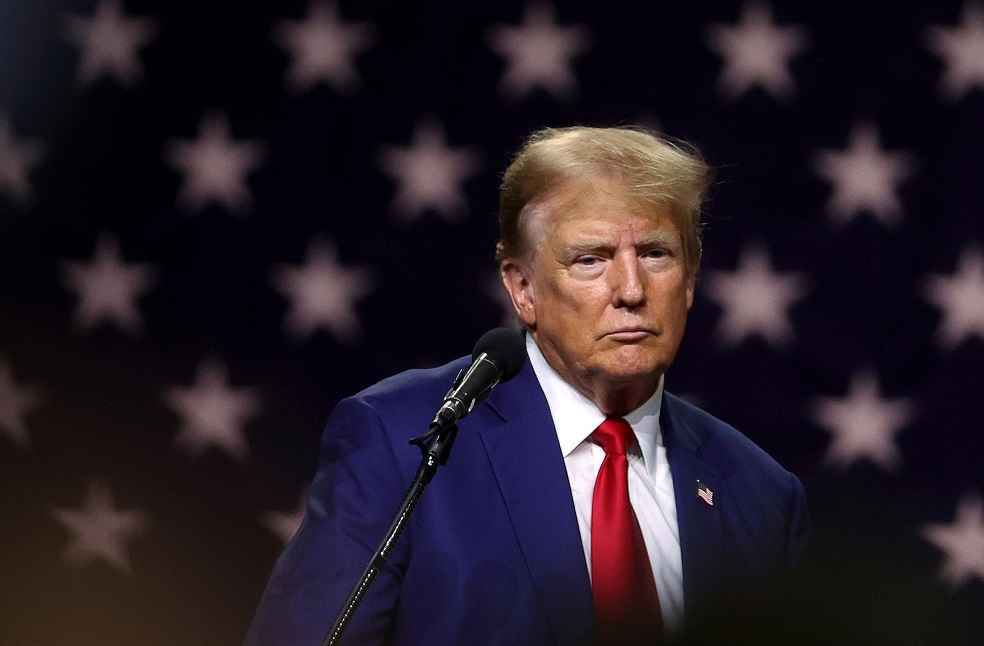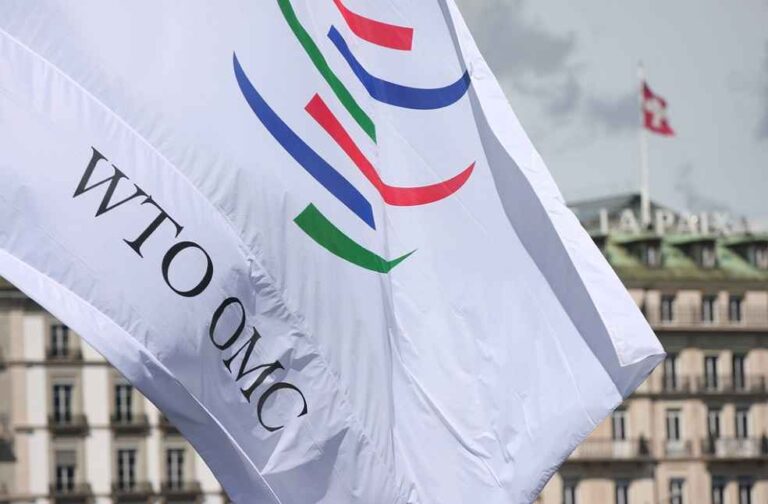The United States has halted its financial contributions to the World Trade Organization (WTO), marking a major change in its approach to global trade and further distancing itself from international institutions seen as incompatible with the Trump administration’s ‘America First’ agenda.
According to sources in Washington, the decision forms part of a wider government initiative to cut public spending and aligns with President Donald Trump’s increasingly protectionist economic stance. The move coincides with a forthcoming 25% tariff on imported cars not manufactured within the US, scheduled to take effect on Wednesday, April 2.

Described by the White House as ‘liberation day,’ the tariff aims to revive domestic manufacturing and is projected to generate $100 billion annually. However, analysts have warned the measure could disrupt global supply chains, especially in the automotive sector where nearly all manufacturers rely on internationally sourced parts. The result, experts say, could be higher retail prices and economic uncertainty.
President Trump has defended the permanent imposition of the tariffs, calling existing cross-border manufacturing practices “ridiculous” and arguing they have weakened the US industrial base. The tariff announcement and funding suspension from the WTO mirror the administration’s broader withdrawal from global frameworks, including the World Health Organization, the United Nations, and a reduction in foreign aid.

The administration’s stance echoes the demands of anti-globalization movements such as 100 Million and Transform Trade, which have historically criticized global trade structures for allowing companies to bypass domestic labor laws by outsourcing to countries with weaker protections.
The international response to the US decision has been swift and critical. Canadian Prime Minister Mark Carney described it as “a very direct attack” and pledged to defend Canadian businesses and workers. European Commission President Ursula von der Leyen condemned the tariffs as “taxes – bad for businesses, worse for consumers.” Under WTO rules, failure to resume contributions within a year could lead to mounting administrative penalties.
GLOBAL EVENTS | ‘Star of Sector’ Business and Industry Awards 2025: Apply Now



